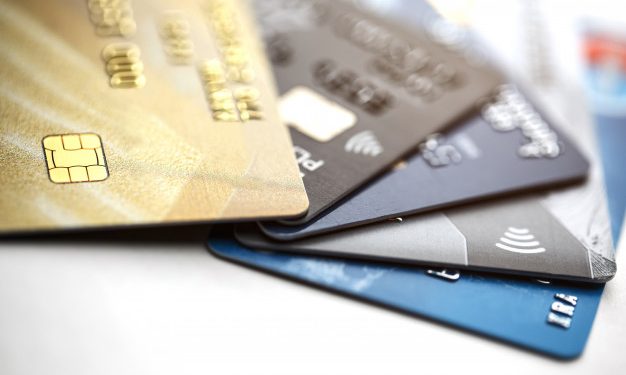Credit cards in the United Kingdom are a mature market, being one of the first areas of global expansion by U.S. credit card networks such as American Express, Mastercard, and Visa. Barclays was a first-adopter, with its sizeable retail base and secure branch network. The market was a natural, with only a few tweaks in language for words like license and licence.
Brits proved to love credit cards even more their American brethren, and the market of 66.4 million in the UK, compared to 327 million in the US. Growth of revolving debt was almost linear, with an uptick on the UK side. With the U.S. market at $1.1 trillion in revolving debt, UK carried £225 bn ($296 billion in USD).
In a strategy to drive down revolving debt, UK regulators are attacking the minimum due, as The Guardian reports. The goal is to break the bad habit of customers who only end up paying the least amount possible on their credit card balance, to reduce total interest and the principal balance.
The U.S. strategy, to either shame or educate, is based on a requirement of the CARD Act of 2009. It is an educational message: show the consumer the cost of making minimum due payments.
Every American credit card holder has seen an effort to increase awareness of the bad habit of paying the minimum due. If you look at your credit card statement, you will see a display of how long it will take you to pay off the balance on your account if you only pay then minimum due.
Pay the minimum due on your American Express balance of $7,541, at $147, and expect to pay it out in 2040, for a total of $20,089. Pay $272, and you will extinguish the debt in 2023, with a $10,313 savings. The difference is striking and intended to scare you into making larger payments. It works like a champ. Double up and accelerate the paydown.
In contrast, the UK is going to require that those borrowers that do not reduce principal balances will lose their credit card lines, as the Daily Record says:
Regulators required banks to identify at-risk customers in September 2018 and give them 18 months to begin bringing down the capital sum they owed rather than making minimum interest payments.
Credit card providers, including high street banks Barclays, Lloyds and Royal Bank of Scotland, had to contact customers in 2018 who had been in debt for at least 18 months.
But it means that further action – including suspending and closing accounts – is expected to kick in during February against those who have failed to respond.
The Financial Conduct Authority (FCA) regulations are designed to help people in persistent debt by forcing them to agree to a repayment plan.
As for credit card issuing banks, this will cause a financial shift:
Bank of England figures show borrowers shaved £120million off Britain’s total card debt in November.
The rules are expected to cut into revenues for credit card firms by up to £1.3billion a year.
Firms must then offer alternative ways of repaying more quickly, usually for three to four years. These could include transferring a credit card balance to a personal loan with lower interest.
Households are estimated to have paid back more than they spent on credit cards in the run-up to Christmas for the first time in six years.
From a risk management perspective, allowing consumers to pay the minimum due is a money maker, but it weakens credit quality. It is fine when consumers pay the minimum due around holidays, or perhaps a few times a year, but if the portfolio relies on the interest generated by consumers who can only may the minimum due, the risk is implicitly higher than one which has an accelerated payment stream.
I, for one, prefer the shaming method. People react to the fact that doubling their payment might take seven years off the term of repayment. Shut off their cards for paying the minimum due and you can hurt the household budget.
Overview by Brian Riley, Director, Credit Advisory Service at Mercator Advisory Group









